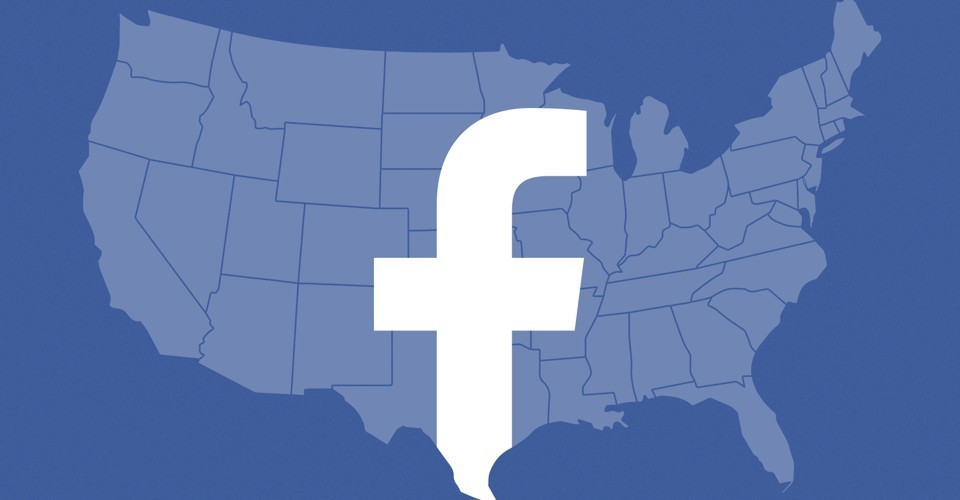A recent blog article with the catchy title “Is Facebook Killing Democracy?’ has garnered attention in academic circles. It’s an increasingly critical question as more details emerge of Facebook’s role in undermining the last US election.
However, it also got us thinking about the difference between the tools of social media and the corporate powerhouses that have grown large perfecting them. The tools are valuable; but the goals of the corporations and democracy are clearly divergent. It’s an important distinction.
Ethelo is built to enhance democracy by bringing the power of social media to the democratic process. In doing so, we have incorporated aspects from social media, such as tools that allow people to like and comment on each others’ posts. They are valuable not only because they have been highly refined, but also because people are familiar with them. Participants on Ethelo know exactly what to do without the need for detailed instructions.
We know there’s a lot of discussion out there about how Facebook and other platforms have ruined dialogue, but online comments are the best way for users to express their feelings in a distributed environment where asynchronous communication is the only option. However, can we do better? Are there ways to evolve these tools to support better debate, enable more diverse conversations? There are – and some are discussed in this recent article by CEO John Richardson.
But behind the tools, there are bigger questions of privacy, profit and manipulation. Facebook is facing an existential crisis over its handling of user data and attention. It was perhaps inevitable, given the mismatch between democratic and corporate values. As a social enterprise dedicated to democracy, Ethelo is aware of this tension, and we have made it a principle not to share user data without clear consent. Trust is an essential component of a healthy democracy and we can only achieve it by doing everything we can to build and maintain trust with our clients and participants.
The online world will evolve as governments develop new laws and regulations to align Facebook and other social platforms more clearly with democratic values. We’ll be watching carefully. But while we conscious of their negatives impacts, at the same time we also appreciate platforms like Facebook for having blazed the trail for user interaction that’s allowing us to bring democracy into the 21st century.
